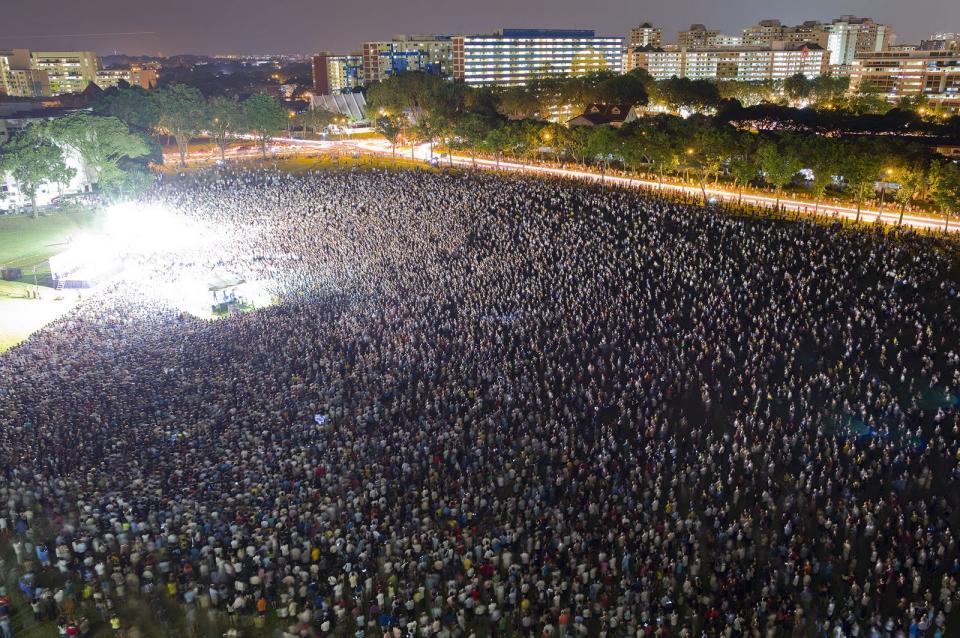Ask TIA: Has technology changed the Singapore General Election?

We all know how technology has creeped into our lives and into the 2015 General Election in Singapore, but to what extent? How has technology and bringing issues online helped influence offline sentiments and most importantly – the people’s sacred votes?
From villian to hero – opposition leader Chee Soon Juan
I make special reference to one opposition leader, Dr Chee Soon Juan, since he has been making headlines throughout the election campaign. Notably, he has gained a huge following via his aspirational speeches and taking the moral high ground. How did this man, who was then famously labelled a “near psychopath”, climb out of it to become a revered figure?
Pre-2000s, many attribute Chee’s negative public image to the domination of mainstream media, alleged to be anti-opposition. Back then, the masses only had access to media outlets such as print and cable. Fast forward to the post-2010s, social media proliferation has helped Chee gain popularity and spread his ideas.
A video production featuring Chee and his family in their humble three-room flat also went viral, helping to humanize this person we have all heard of but know little about. Curiosity and paucity of information on this man has also boosted his profile. You can tell from how he managed to clock consistently high number of views on YouTube for all his rally speeches, compared to members from other opposition parties.
More transparency and accessibility to information
Technology removed restrictions on accessibility to media, making content generation much easier, sometimes even crowdsourced.
In a recent political dialogue organized by National University of Singapore Society, former Nominated Member of Parliament Viswa Sadasivan noted that it was the first time this political dialogue is recorded and screened online in full.
The sheer number of online blogs can also be quickly gauged by looking at the number of news sources and articles in this news aggregator built by a team of University researchers for this General Election.
Back in the 2011 General Election, as the votes were being counted, there was a lot of speculation on the results of hotly contested areas such as Aljunied GRC and Potong Pasir SMC. Rumours about the results, based on people on the ground, were spreading fast on Twitter. This perhaps led to a new move by the Elections Department to disclose the results of sample counts on polling day, in a bid to “to prevent speculation or misinformation from unofficial sources while counting is underway.”
Voters and the general public now have a wide array of news sources to select from, and news spread fast. The tradeoff? Many online sources and viewpoints are likely to portray personal emotions and are less objective.
During election season, our social media feeds are filled with posts expressing support for particular political parties, even going as far as denouncing their opponents. It does lower the barrier to kickstart conversations. Of course, the debate can sometimes get heated, but perhaps that’s the nature of the game.
Has technology and greater access to information helped or hindered us? Has it divided Singaporeans instead?
Image credit: Singapore Election Watch
This post Ask TIA: Has technology changed the Singapore General Election? appeared first on Tech in Asia.

 Yahoo Finance
Yahoo Finance 
